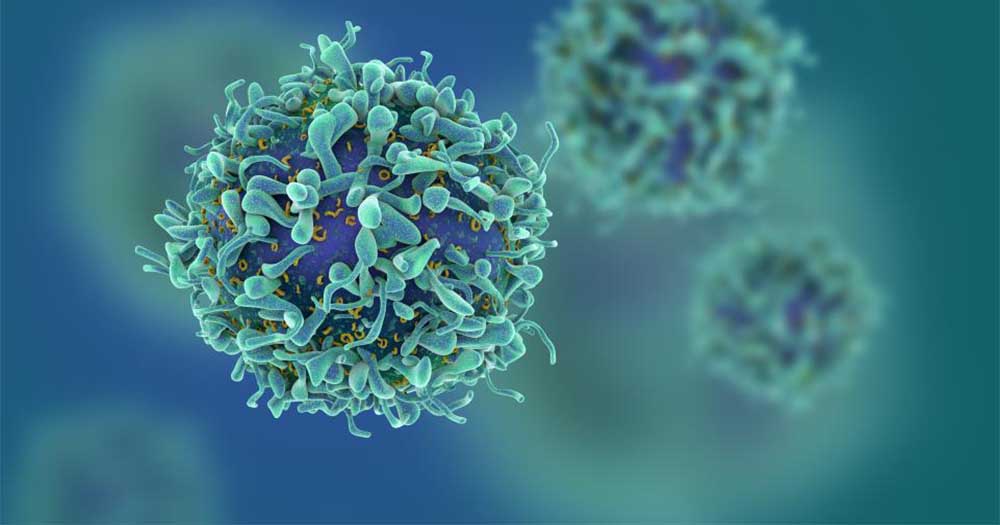With remote regions of Australia now reporting cases of the HTLV-1 virus among 40% of their adult population and very little research done to develop a vaccine for the disease, scientists believe it’s time to take a closer look.
HTLV-1 is primarily found in parts of sub-Saharan Africa, Latin America, the Caribbean, Japan and central Australia. It’s been linked to HIV in that it can be spread through blood transfusion, sexual activity and the sharing of needles. It infects T cells, or white blood cells and in very rare cases can cause leukemia.
It differs with HIV in that it is not as easily transmitted and only up to 6% of those infected will actually ever get sick. So while up to 20 million worldwide may be infected, the vast majority will remain asymptomatic. In other differences, HTLV-1 symptoms may lie dormant for up to 30 years.
Dr. Robert Gallo, director of the Institute of Human Virology at the University of Maryland School of Medicine, who played a role in the discovery of HIV, began by researching HLTV-1. This research was beneficial to his HIV studies, which he believes could in turn now help with finding a vaccine for HLTV-1.
“We have to make up for what we didn’t do before”, he stated, “We have to get attention to HTLV-1 quick.”
Another huge difference between the two viruses is that while there is not yet a vaccine for HLTV-1, the usage of PrEP can prevent the sexual transmission of HIV. With a rate of 13 people in Ireland receiving a HIV diagnosis in the last week, there is still a way to go with raising awareness.
For more information on HIV, visit the websites of HIV Ireland and ACT Up Dublin and consider supporting the cause by attending HIV Ireland’s Red Ball fundraiser in the Guinness Storehouse.
© 2018 GCN (Gay Community News). All rights reserved.


comments. Please sign in to comment.